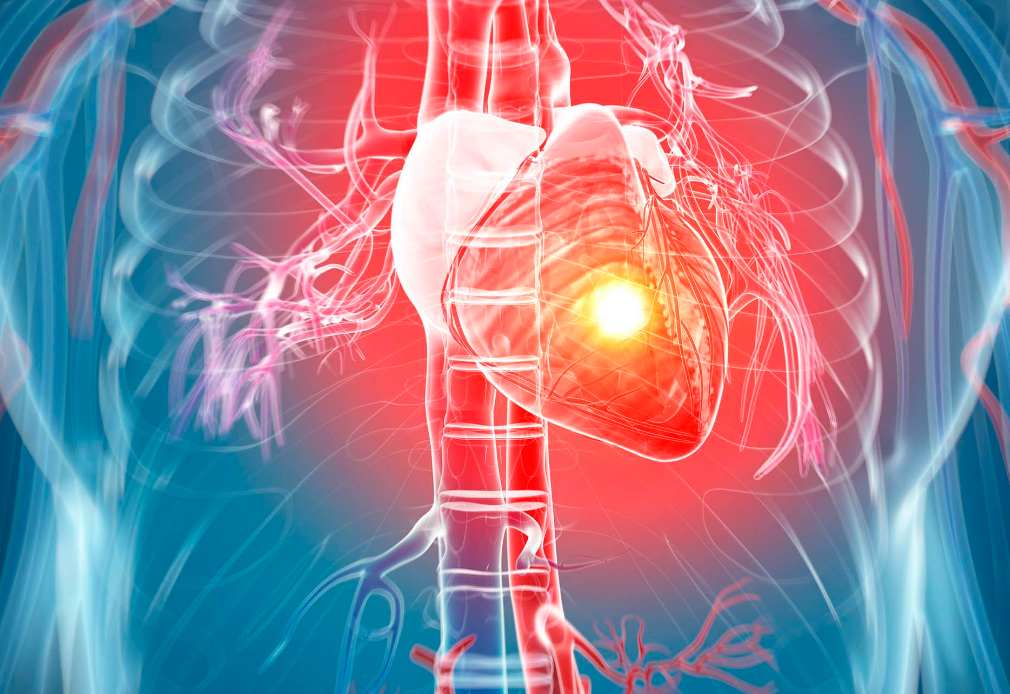
At present, there is no specific treatment for myocarditis, and the main treatment is symptomatic support.
General treatment
Ask the patient to rest in bed to avoid emotional stimulation and fluctuation.
Monitor blood pressure, heart rate, ECG, myocardial enzymology and other indicators.
The acute phase of myocarditis should limit physical activity for at least 6 months.
It can be given a light, easy to digest and nutrient-rich diet, small meals.
Drug therapy
Due to individual differences, there is no absolute best, fastest, most effective drug use, in addition to commonly used over-the-counter drugs, should be under the guidance of a doctor fully combined with personal circumstances to choose the most appropriate drugs.
Improve myocardial energy metabolism (such as creatine phosphate, coenzyme Q, etc.);
Supplement water-soluble vitamins (such as vitamin C, etc.) and fat-soluble vitamins;
According to the etiology of patients to carry out symptomatic drug support treatment.
Fulminant myocarditis treatment
The condition of this type of myocarditis is critical, and it is advocated that "comprehensive treatment plan based on life support" should be used for treatment. Doctors will take an aggressive, comprehensive approach to treatment early on:
General treatment: strict bed rest, nutritional support, etc.
Common drug treatment: nourishing myocardium, reducing cardiac load, protecting gastric mucosa, etc.
Anti-infection and antiviral therapy;
Glucocorticoid therapy;
Gamma globulin infusion support;
Plasma and blood purification therapy;
A series of life support measures, such as intra-aortic balloon counterpulsation (IABP), extracorporeal membrane oxygenation (ECMO), ventilators assisted breathing, temporary pacemaker implantation, etc.
A heart transplant is possible if necessary.
Prognosis of myocarditis
Most acute myocarditis has a good prognosis, and about 50% of acute myocarditis cases recover in 2 to 4 weeks, and a small number of patients can be prolonged for a long time and become chronic or persistent myocarditis or cardiomyopathy. The fatality rate of fulminant myocarditis in the acute stage can be as high as 80%, but once the acute critical stage is passed, the long-term prognosis is good.
complication
Patients with fulminant myocarditis may have heart failure, severe arrhythmia, cardiogenic shock, multiple organ dysfunction and even death in the acute stage.

